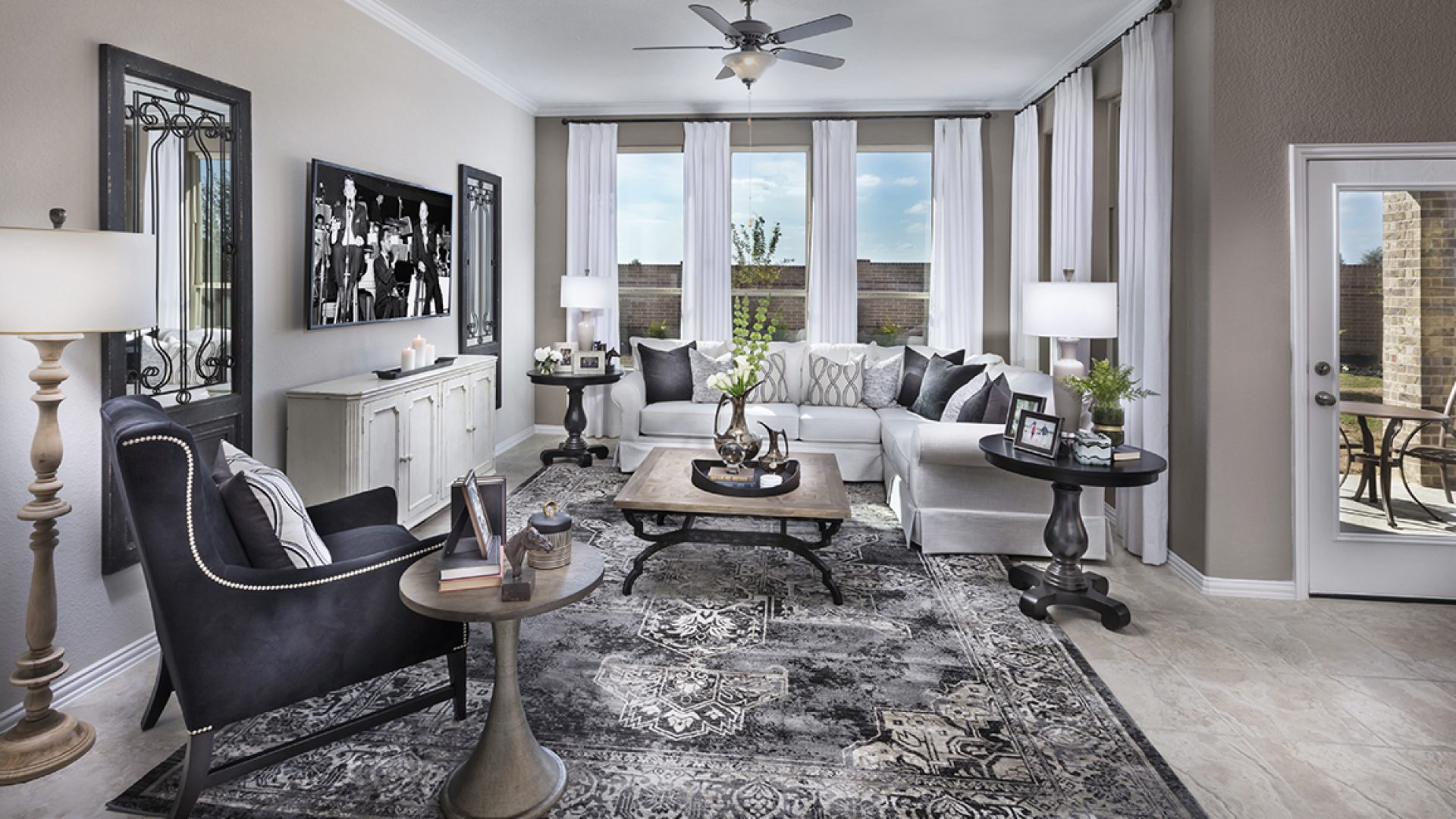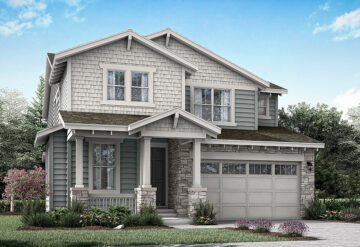Smart Home Technology is here to stay! Now that smart homes are past the early adoption stage, the demand for home automation continues to steadily grow. Luckily for homebuyers in the market, Lennar is committed to remaining innovative and leading the industry. Lennar’s Everything’s Included® program allows homeowners to enjoy all the benefits of home automation with the purchase of their new Lennar home. Learn more in this Contractor article.
Smart homes are moving past the early-adopter stage and through the acceptance and demand stages quickly.
The market for smart home technology that was about $24 billion in 2016 is anticipated to reach $53 billion by 2022. Smart homes are moving past the early-adopter stage and through the acceptance and demand stages quickly. With this in mind, forward-thinking builders and contractors might consider offering a wide-range of these features in new residential construction projects.
What is Creating the Demand for Smart Home Technology?
Acceptance of Technology
Initially, there may have been some reluctance to accept smart technology in homes. This reluctance may have been rooted in concerns about reliability, perceived need, security, and ease of use. In a few short years, however, most of these issues have been addressed and more benefits to the technology have been realized. Artificial Intelligence (AI) assistants like Siri and Alexa have exploded in popularity and have been accepted into millions of homes. Many consumers have come to not only accept the help of these devices but have come torely upon them.
Millennials Entering the Housing Market
Slow to embrace homeownership, mainly due to a challenging economy and other unique circumstances, the largest segment of the population on the planet is moving into real estate in increasing numbers. While U.S. Census Bureau statistics show that home ownership by Millennials is still relatively small at 36%, according to Bloomberg, its growth from 34.7% a year earlier was higher than any other age group between 2016-2017. This is a generation who grew up with technology and the convenience and connectivity it provides. While their predecessors may have sought out open floor plans, garden tubs, and granite countertops, smart technology is potentially more important to this younger generation of home buyers.
Demand for “Green” Features
Because smart technology can save energy on heating, cooling and lighting and can even save water through smart irrigation, it is viewed as a valuable environmentally-friendly feature of a home. Millennials aren’t the only generation that values green brands and products, but their increasing involvement in real estate is certainly having an impact in this regard.
Adding Value to Homes
Like other features that create value in a home, smart technology can increase interest and demand for a property, and when properly designed and installed, can add real value. This is particularly true when local buyers are familiar with the technology and understand its convenience and capabilities.
Security
According to an article in Reuters, the globally connected home security system market is expected to grow by over 27% in the period from 2017-2021. Security is an integral part of smart home features, including the ability to lock and unlock doors remotely, detect motion, check into a home via live video and more. This expected demand coincides with the anticipated growth in smart technology.
Convenience
Consumers have come to rely on smartphones to provide directions, information about where to eat, and to stay connected with family and friends. Many count on smart technology for references and referrals, to make purchases and to share rides. It has become very much an “on-demand” society and it is no surprise many would want these conveniences woven into their homes at some point.




